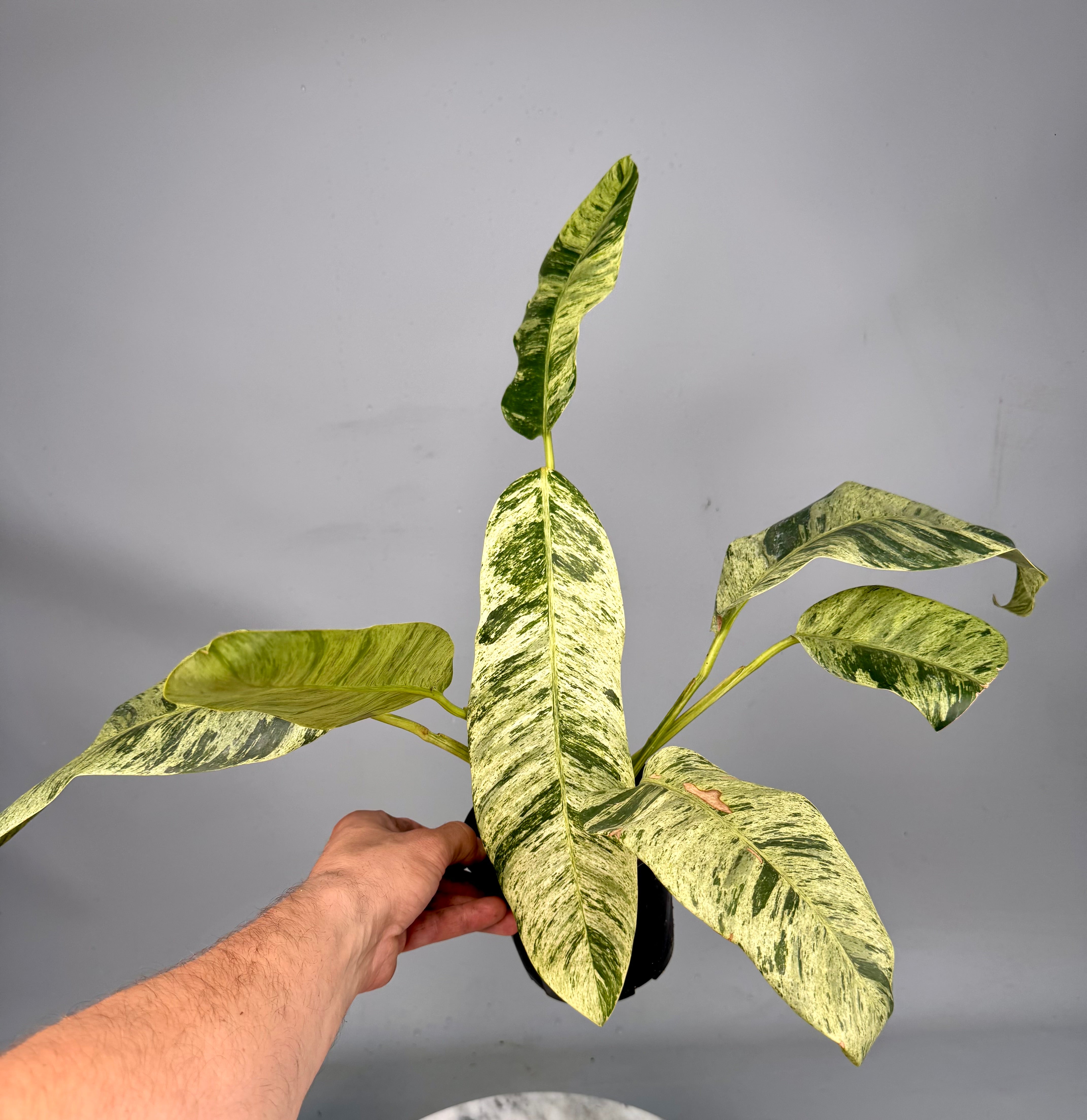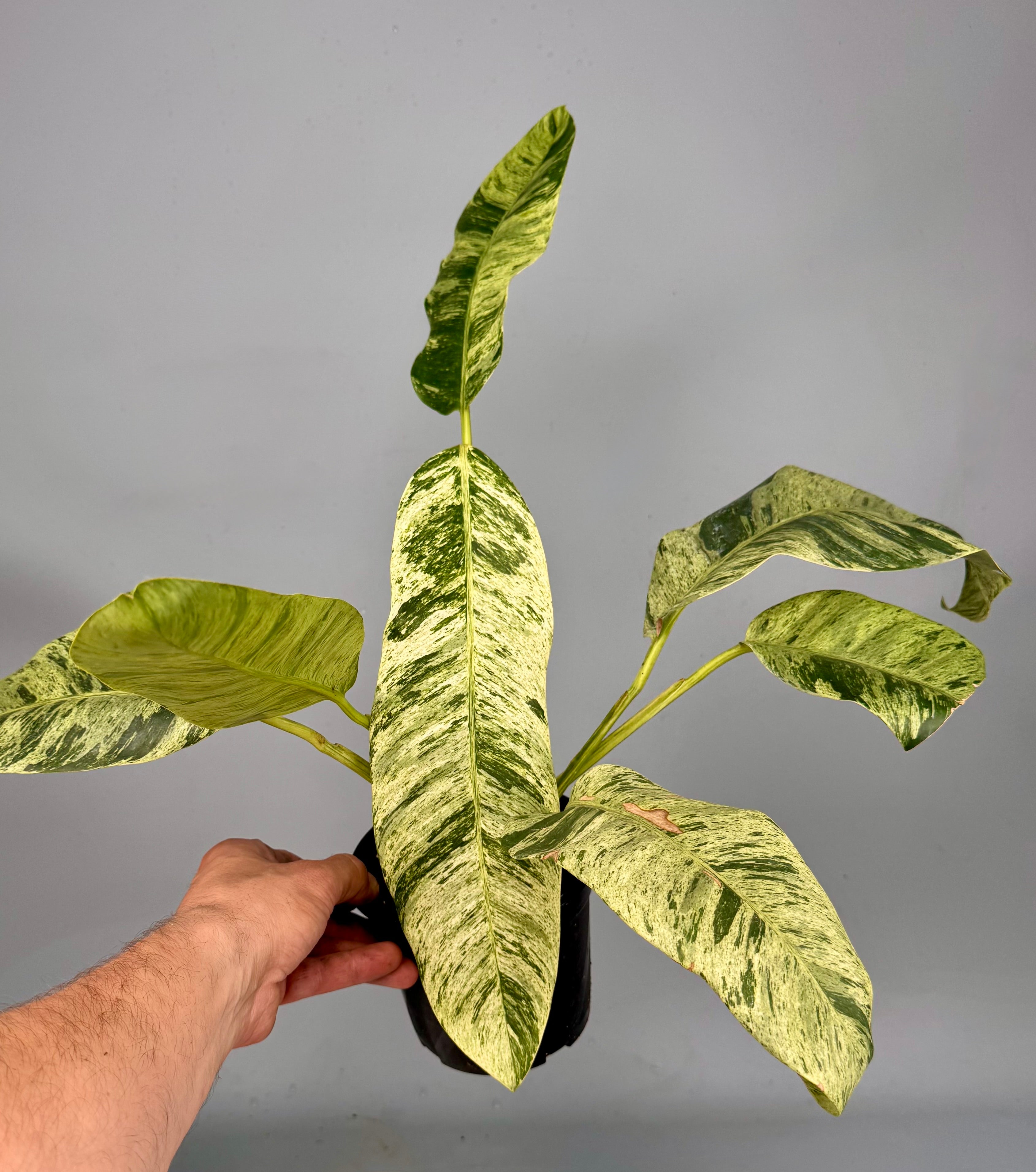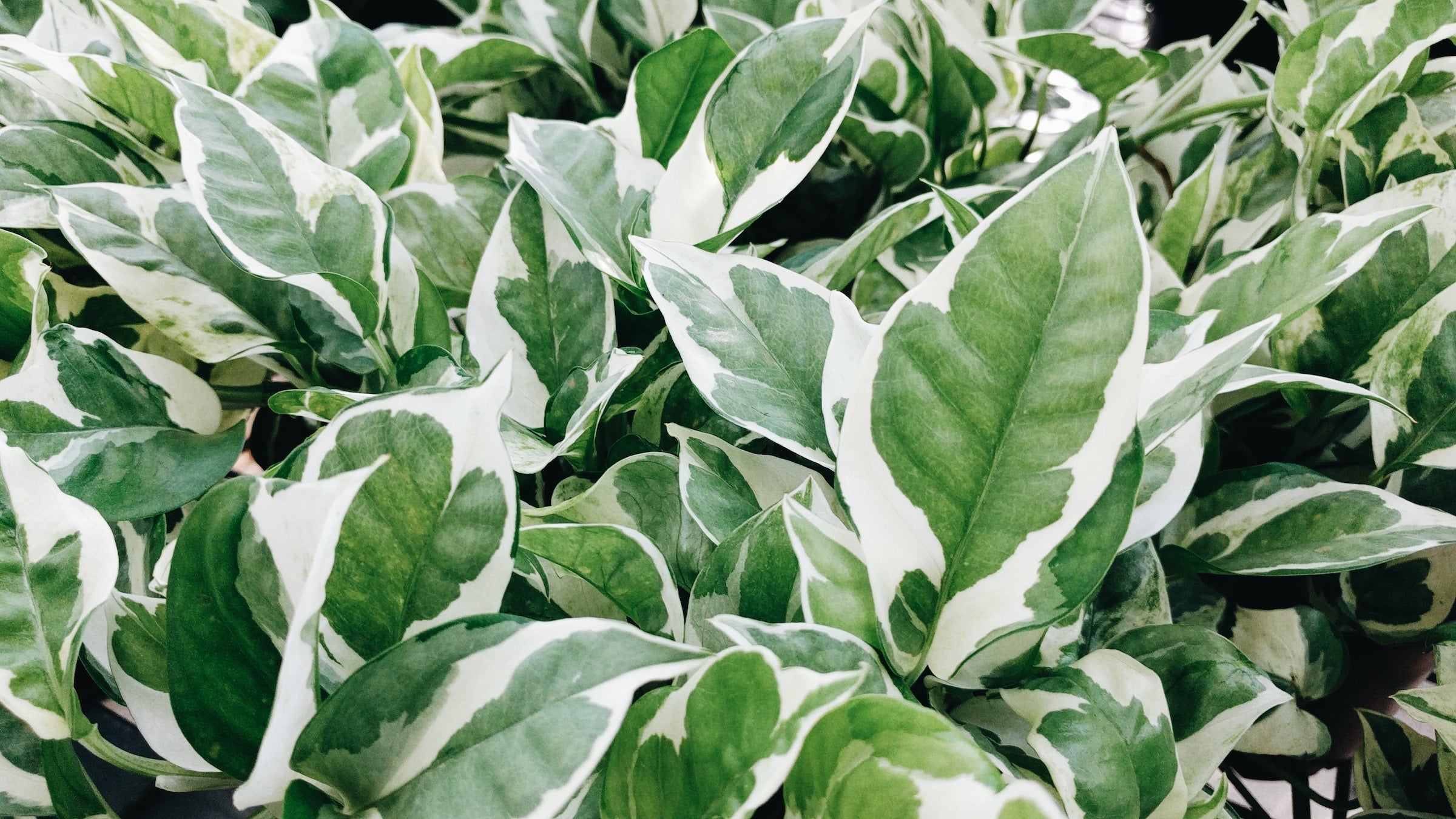
Epipremnum
7 products
Showing 1 - 7 of 7 products
The epipremnum is a relative easy houseplantthat occurs in many different shapes, colors and sizes. Also rare and Special species of this one beautiful houseplant Can be found on this page!
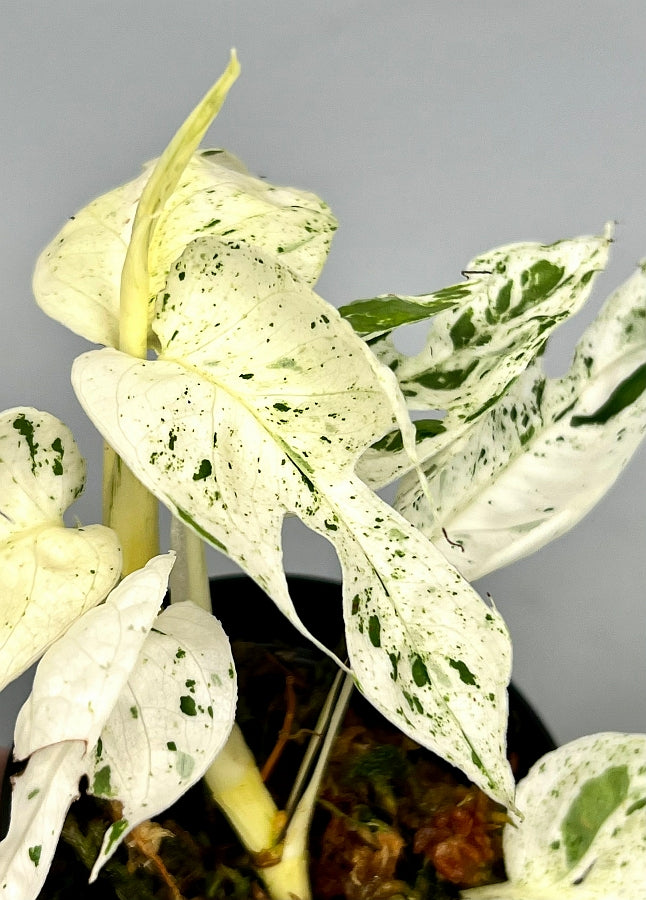
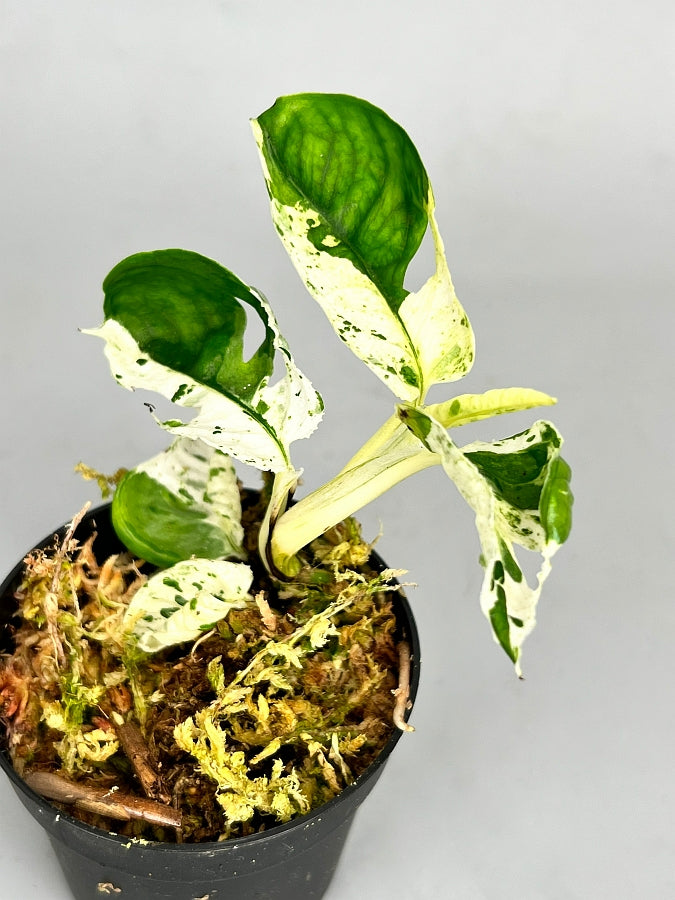
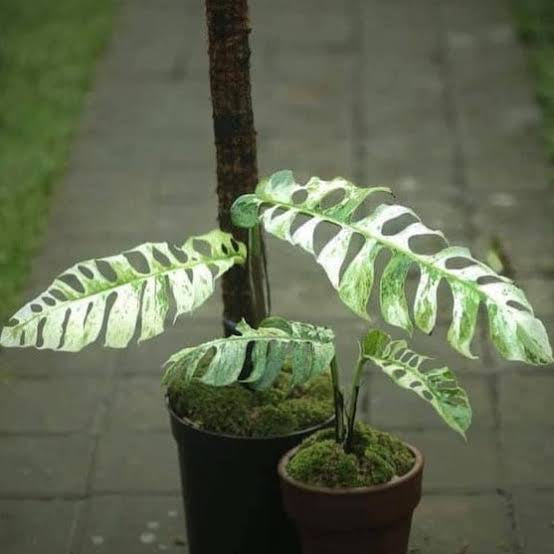
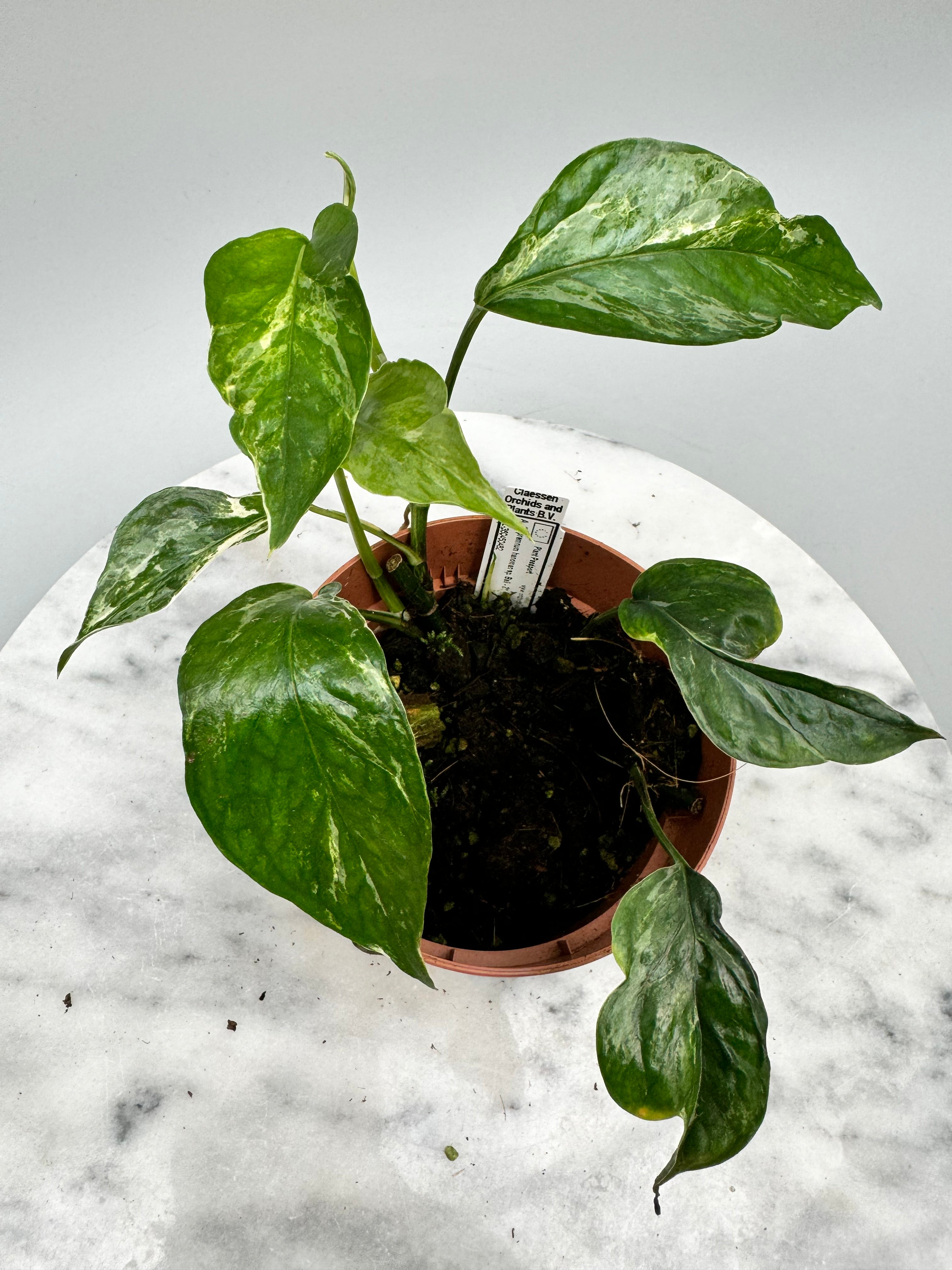
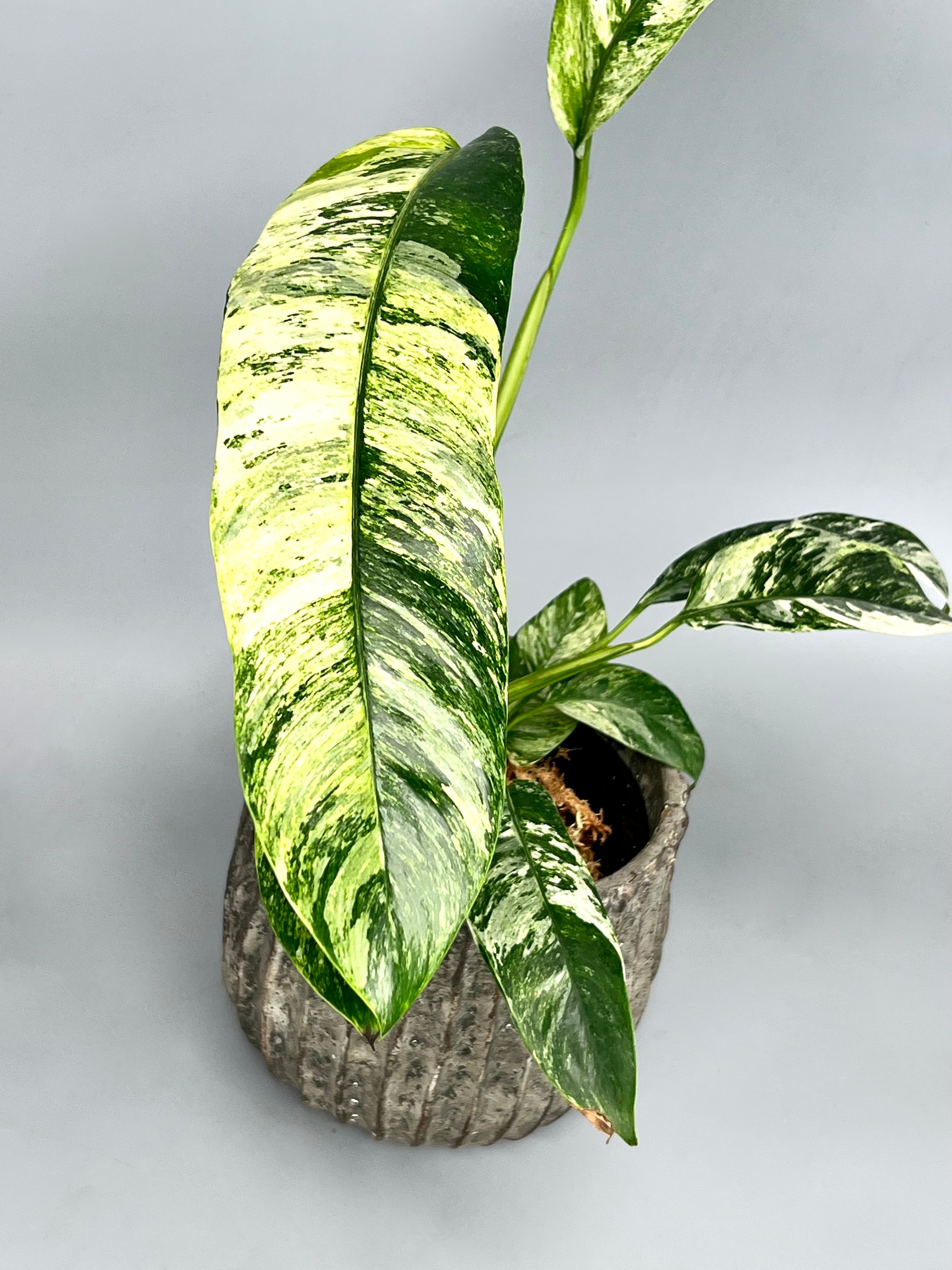
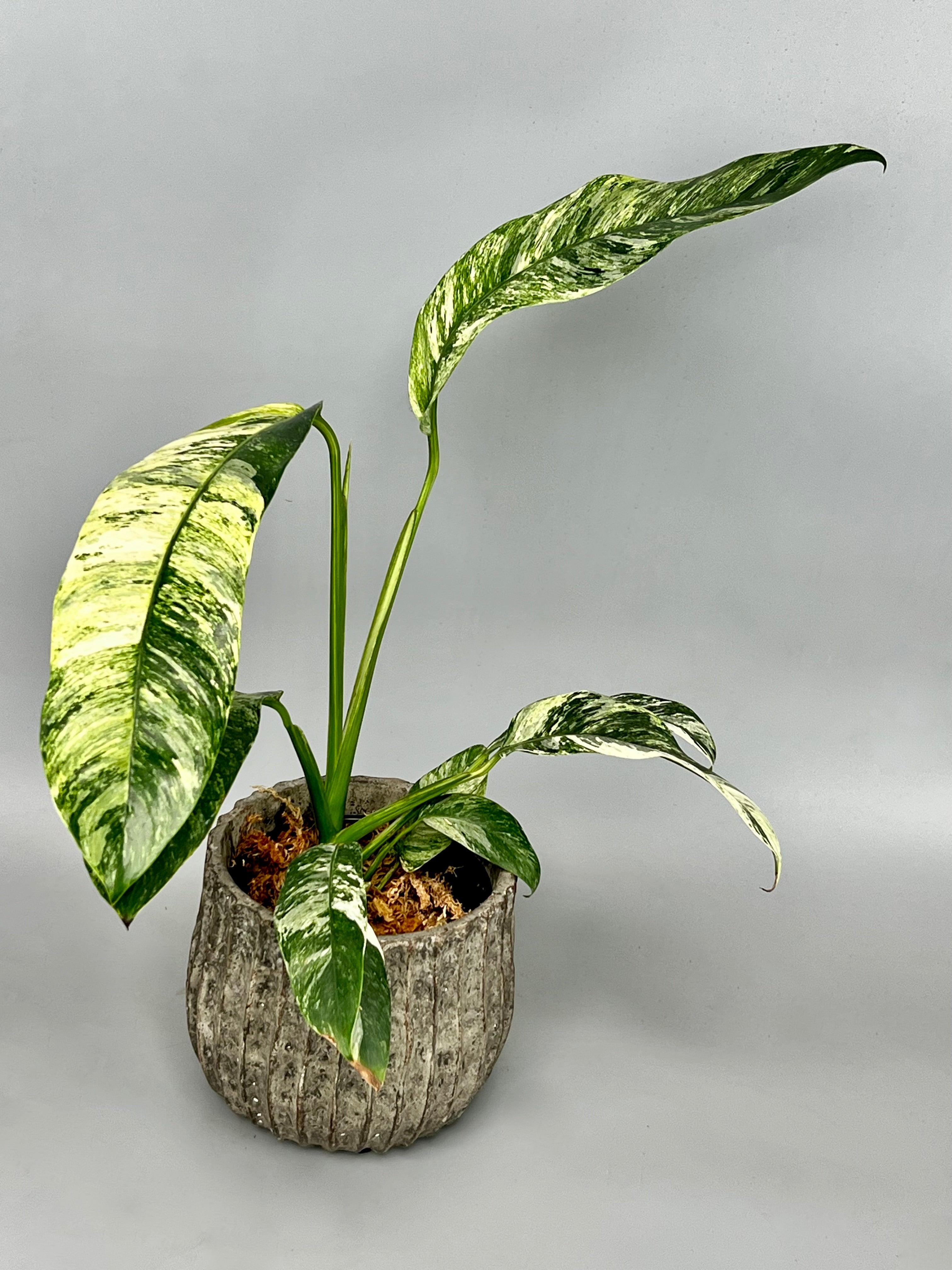
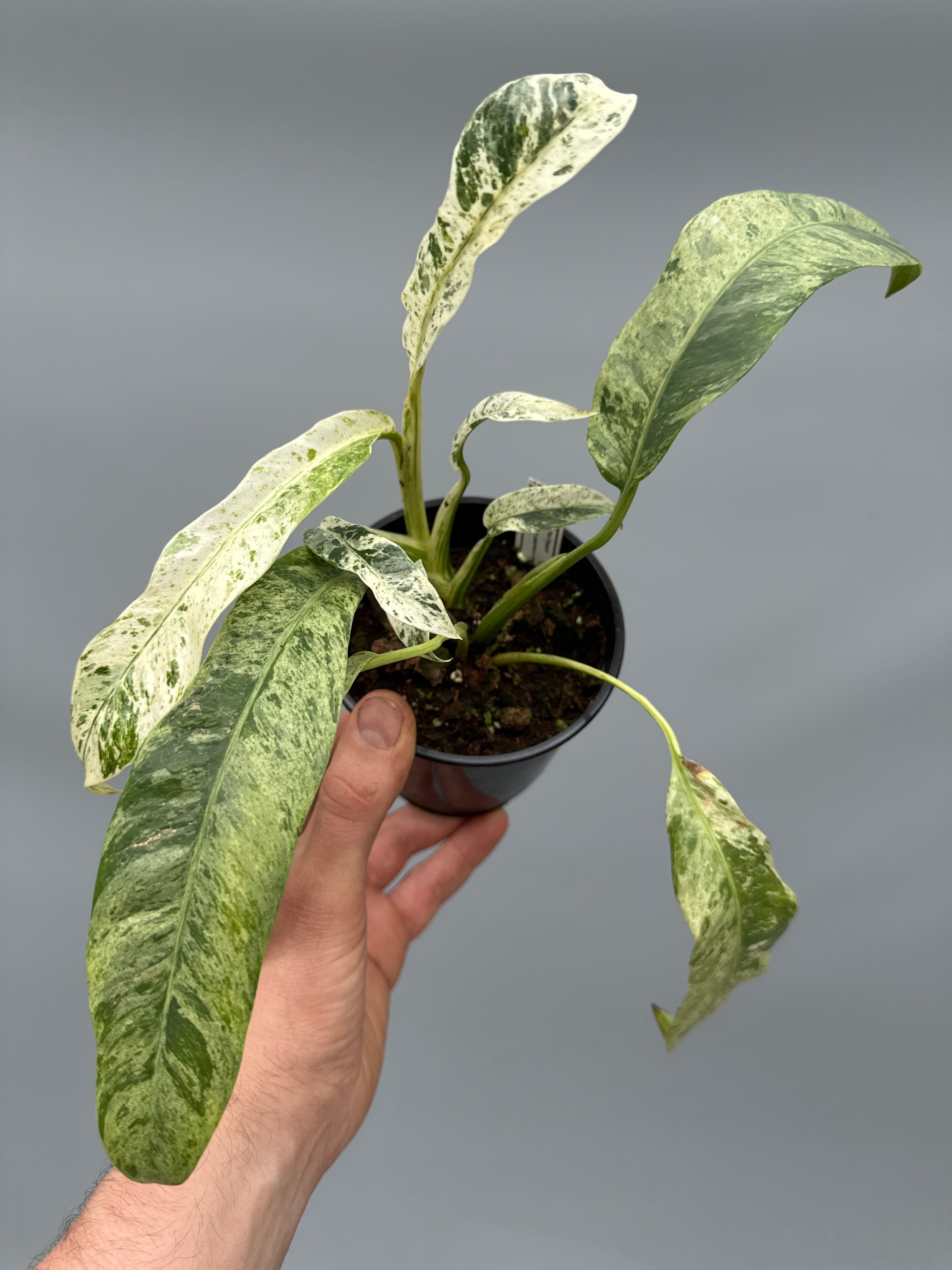
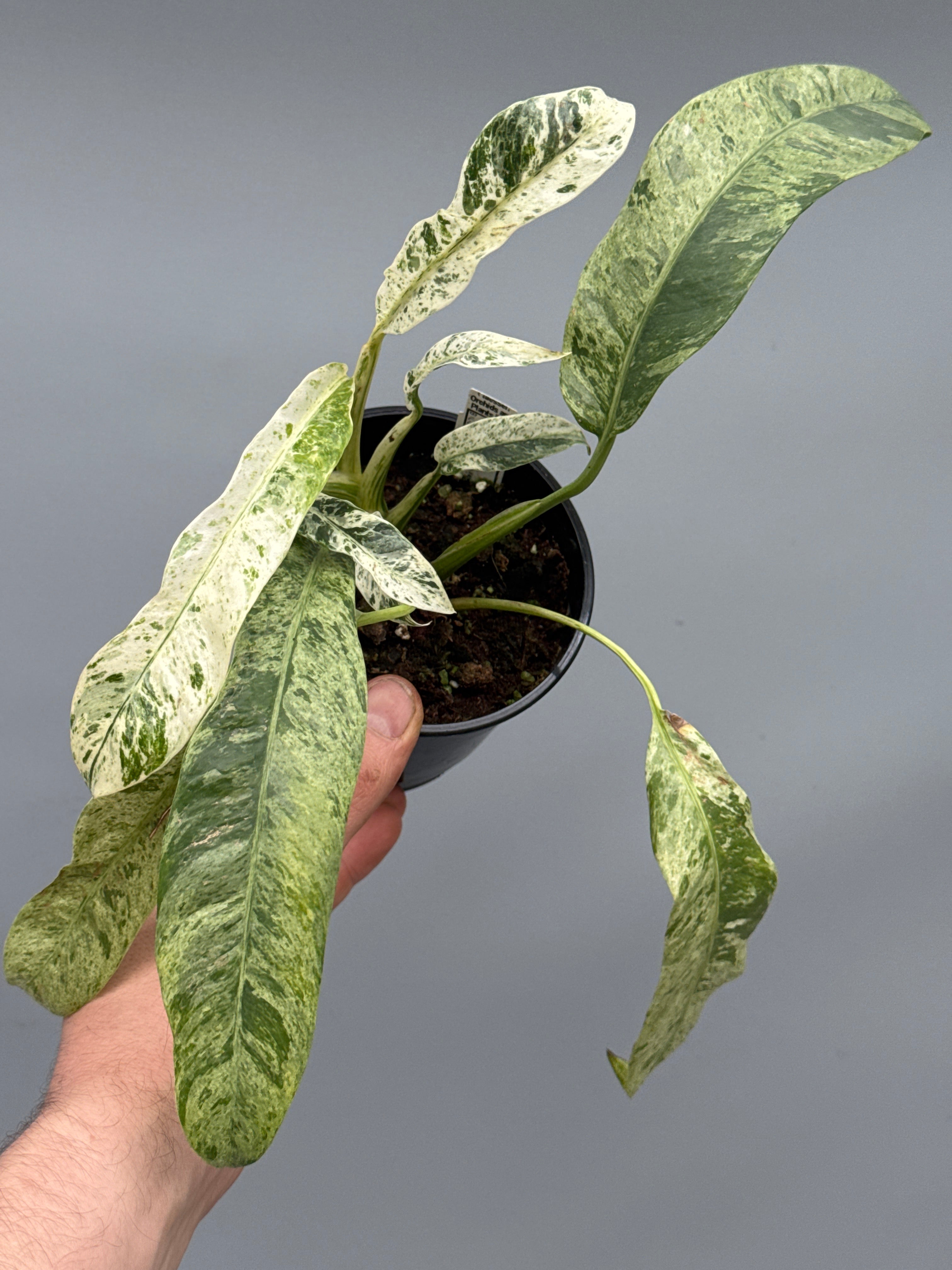
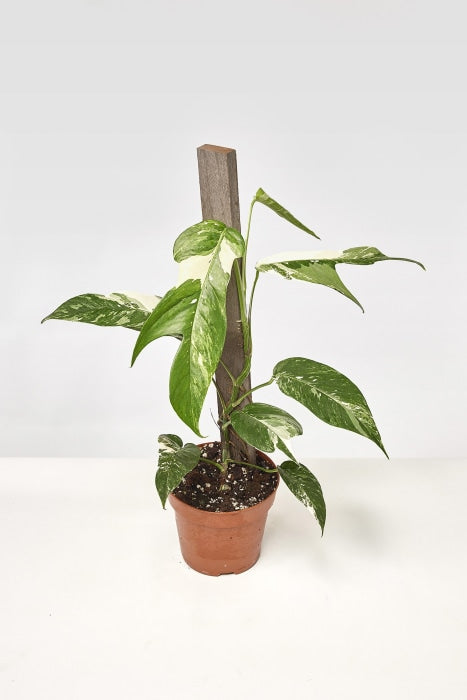
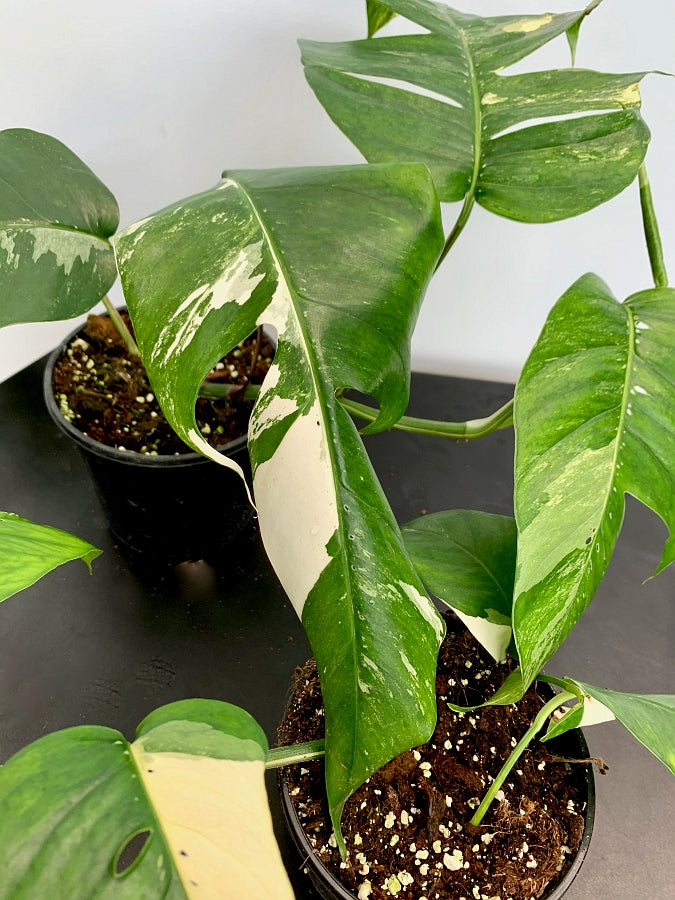
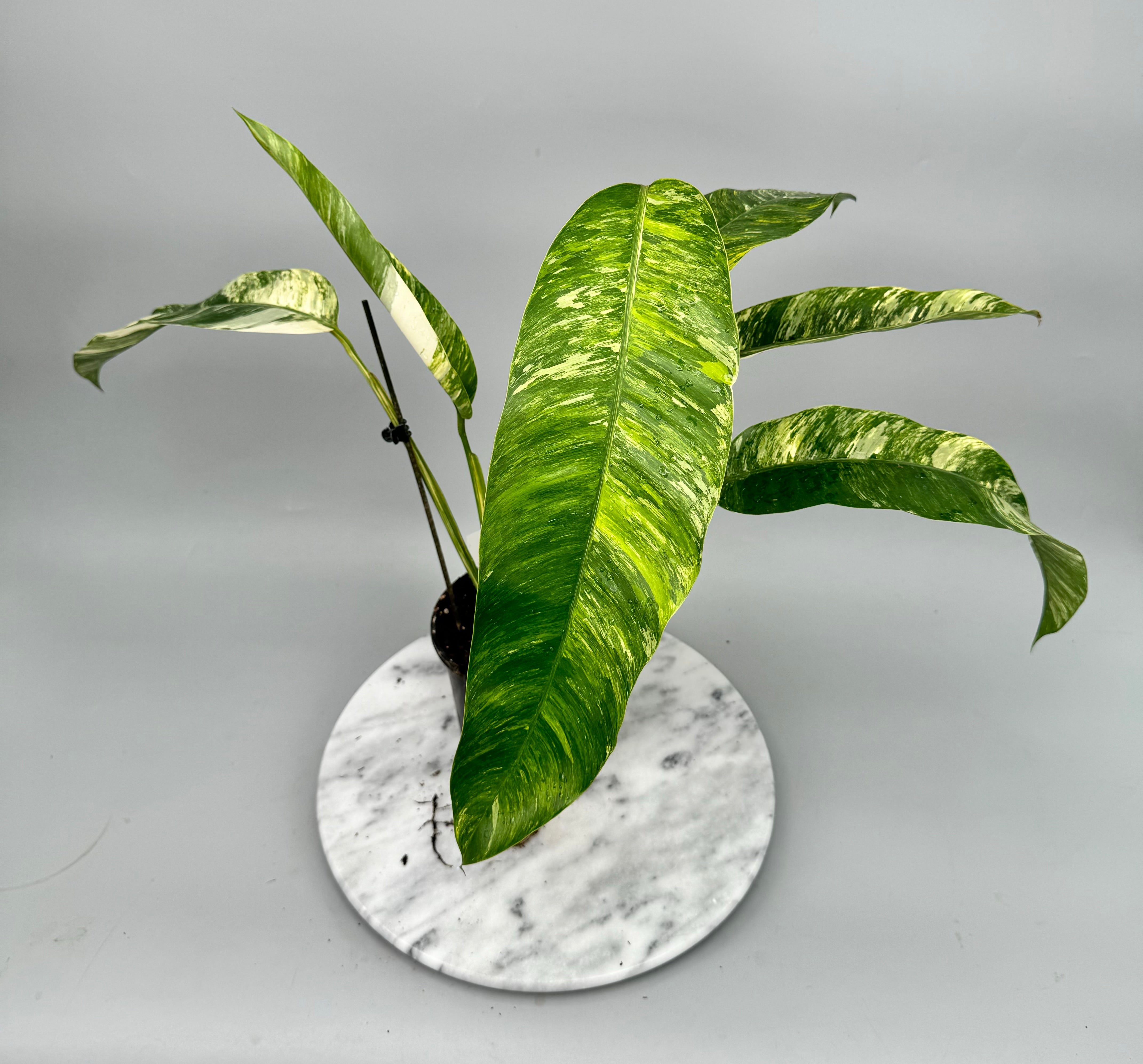
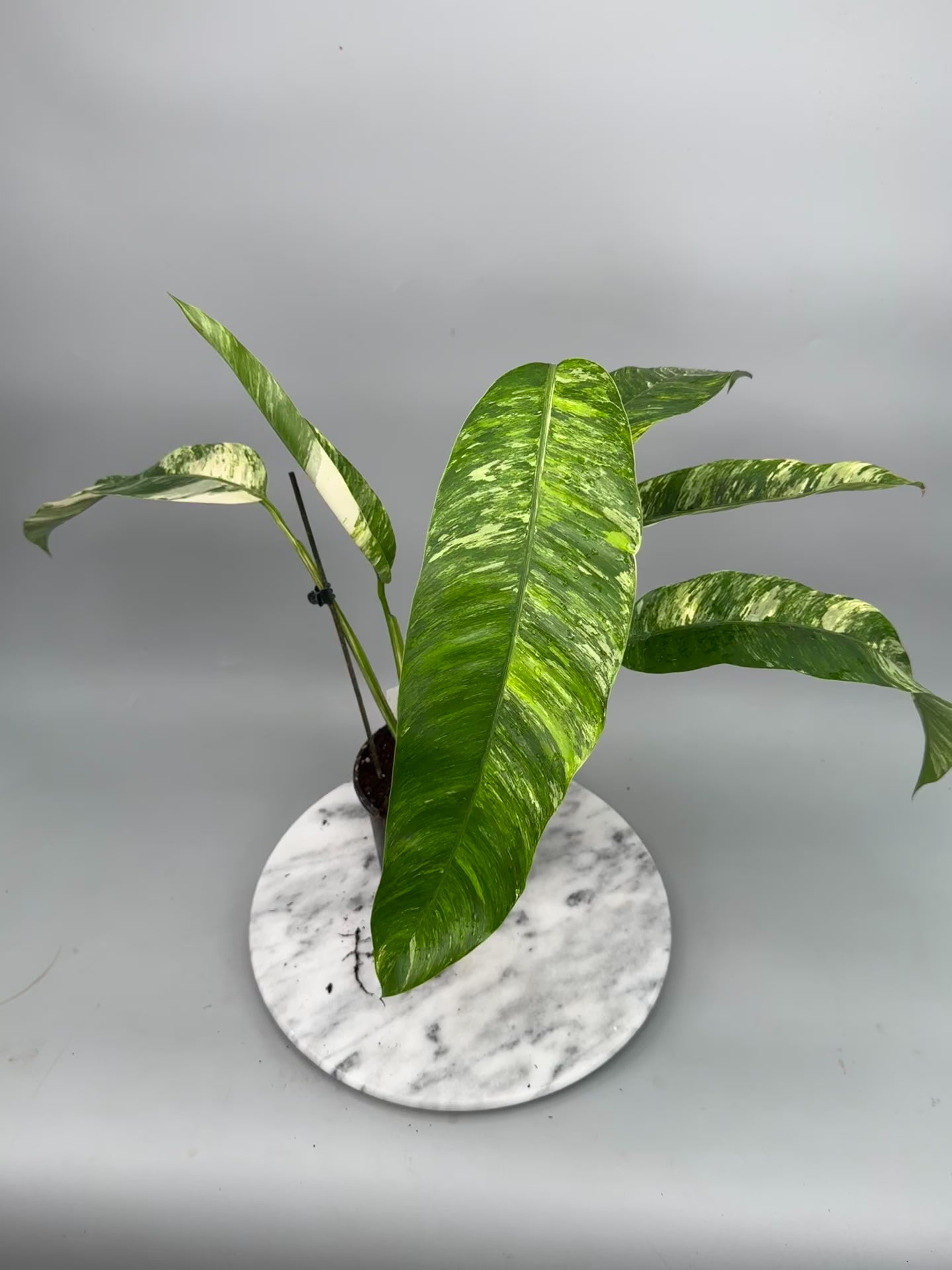
Recent bekeken
Origin
The Epipremnum is a climbing plant genus, which is also known under the name Drakenklimop or Devilklimop. Plants are often confused with Philodendrons or Scindapsus. The Epipremnum grows in the tropical rain forests between Southeast Asia and Australia. Although the plant is toxic to consumption, pets generally stay away from it. The name Epipremnum is composed of 2 terms of the Greek, which together mean "on tree stump". This is a description of the growth method of this plant genus.
Well -known species
Species of the epipremnum that remain popular, including the Epipremnum Scindapsus with silvery spots in the leaves and a soft, dark green surface. But the Epipremnum Pinnatum Aureum is also a nice species that should not be forgotten. It is a special plant with stable yellow varieties (stains) in the leaf.
Climbing plant and location
In the wild, Epipremnums can sometimes reach more than 40 meters high, but that is a lot less likely as a houseplant. Moreover, they can also be kept very nice as a hanging plant. Moreover, most Epipremnums are relatively easy to care for in the living room climate. Make sure that the humidity does not drop too far below 50%, because these tropical plants find that a bit less pleasant.
Care
The Epipremnum is often a good plant to start with. For plants with varieties in the leaf, the care will be a bit more difficult, but in general the care is fairly easy. Although the care varies per species, we have a number of general guidelines for the care of most Epipremnums below. In addition, we have information about the care of the specific species on most plant pages.
Light
In general, Epipremnums need on average to much indirect sunlight. They don't like a dark spot in the room. Whether a houseplant likes to be in more indirect light can usually be seen in the color of the leaf. Lighter leaves have fewer leafy green granules, so that the plant likes to receive more sunlight. Watch out with direct sunlight, because this can certainly cause very quickly damage in the summer. So always put these plants in filtered sunlight.
Water
Most epipremnums are quite tolerant in terms of quality and some species can even tolerate tap water. However, tap water usually contains a changing composition of minerals, among other things, which most house plants do not like. Rainwater at room temperature (and clean) is the safest option in terms of water composition for all types of the Epipremnum. In addition, Epipremnums hate too long too wet feet. So make sure that the top of the potting soil has dried up and the bottom of the pot is slightly moist before the plant gets the next pouring. Too dry potting soil can curl the leaves or even harm the plant.
Humidity
The Epipremnum loves high humidity, but can in many cases also be kept in the living room from around 60-65% humidity. Yet the plant will do better with a somewhat higher humidity, but then it must be taken into account that good air displacement must take place.
Temperature
Most epipremnums do well at a temperature from 17 degrees Celsius. But they will be able to grow better and become more beautiful if they are kept above 21 degrees. At a temperature of 23 to 25 degrees, they usually grow optimally.
Epipremnum resembles Philodendron
Real plant connoisseurs will recognize the difference between an Epipremnum and a Philodendron. Yet still on plant cards and in articles with the wrong family name, reference is made to an Epipremnum. It may therefore be that a plant in a garden center has the genus Philodendron for the species name, but this is wrong. This is often a marketing trick for laymen, because the Philodendron Plant often has a more famous name. Moreover, the difference for a beginner or someone who does not delve into this is not quickly noticed.

